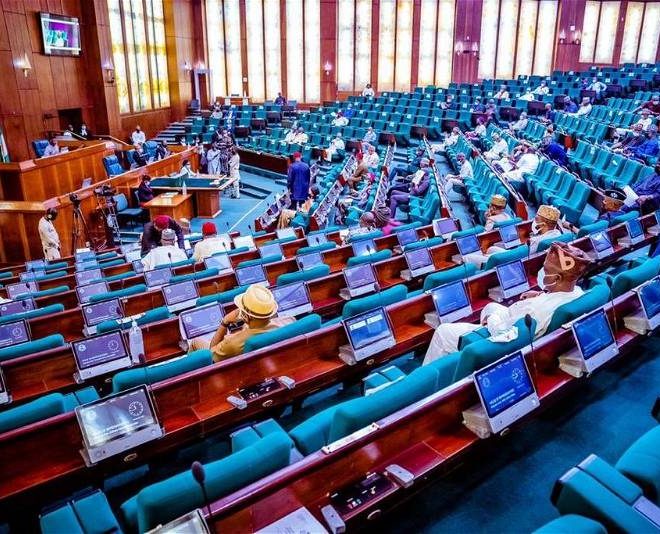Politics
Reps extends implementation of 2023 supplementary budget

In a move aimed at providing additional time for project completion, Nigeria’s House of Representatives has approved a two-month extension for the implementation of the 2023 supplementary budget.
In an accelerated hearing on Wednesday, the parliament amended the act to extend implementation of the capital components from March 30 to June 30.
Presenting the bill, the majority leader, Usman Kumu (APC-Gombe), said that the amendment became necessary following a request by President Bola Tinubu.
He said the request to extend the budget’s implementation date was in the country’s best interest.
Mr Kumo said the bill needed the approval of all lawmakers for good governance in the country and urged them to support it.
After scaling the first and second readings, the Committee of Supply considered the bill and passed it for a third reading.
Tinubu had asked the National Assembly to amend the 2023 Appropriation Act to allow for an extension in implementing capital projects.
In a letter addressed to the speaker, Tajudeen Abbas on Wednesday, Tinubu requested the house to extend the implementation from March 31 to June 30.
Read Also: NLC pickets Labour Party secretariats nationwide, alleges ‘financial rascality’ by Abure
The supplementary budget, initially slated to expire on December 31st, 2023, will now run concurrently with the capital expenditure component of the 2024 appropriation bill until March 31st, 2024. This extension applies specifically to capital projects, which typically involve infrastructure development and require longer lead times for completion.
The decision follows a request from President Bola Tinubu and reflects potential delays in project execution experienced during the previous year. The additional timeframe aims to ensure the efficient utilization of allocated funds for these critical projects.
However, some analysts have expressed concerns about the potential implications of this extension. Critics argue that delays in project execution could indicate underlying inefficiencies within government agencies. Additionally, extending budget implementation periods might raise questions about transparency and accountability in public spending.
The Senate had previously passed a similar amendment extending the supplementary budget. With the House of Representatives’ approval, the extension now awaits presidential assent to become law.
It remains to be seen whether the additional two months will be sufficient to complete all critical projects outlined in the supplementary budget. The coming months will be crucial for government agencies to demonstrate progress and ensure transparency in the utilization of these allocated funds.
Join the conversation
Support Ripples Nigeria, hold up solutions journalism
Balanced, fearless journalism driven by data comes at huge financial costs.
As a media platform, we hold leadership accountable and will not trade the right to press freedom and free speech for a piece of cake.
If you like what we do, and are ready to uphold solutions journalism, kindly donate to the Ripples Nigeria cause.
Your support would help to ensure that citizens and institutions continue to have free access to credible and reliable information for societal development.






















